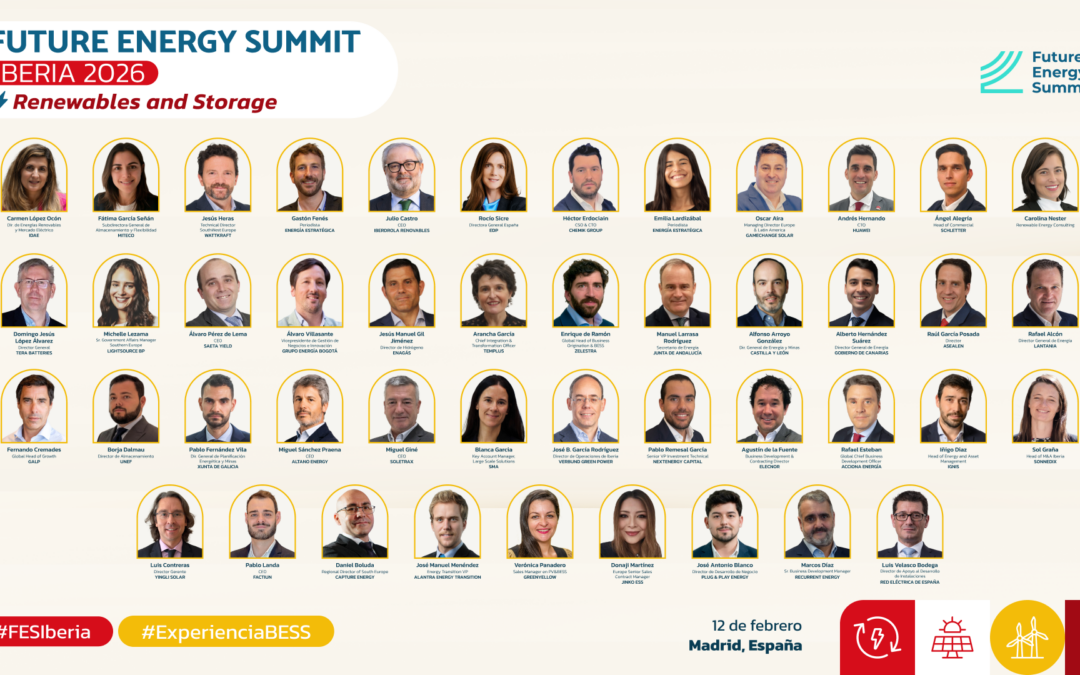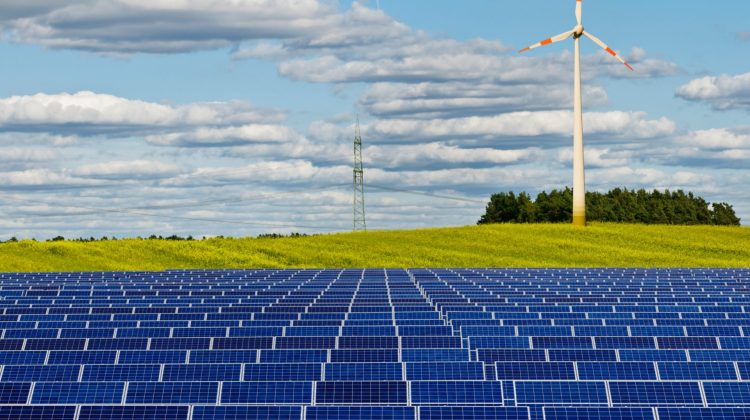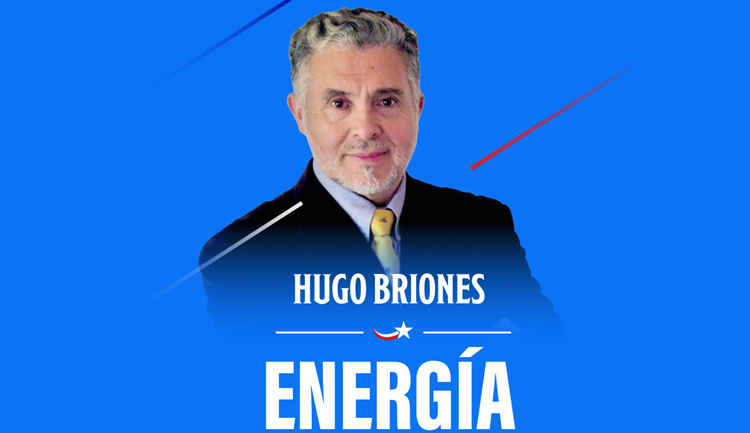European Union energy ministers met on May 12 and 13 in Warsaw, Poland, for a key meeting to discuss the energy challenges facing the bloc. During the meeting, chaired by the Polish rotating Presidency of the EU Council, critical topics such as the security of energy supply, the competitiveness of European industry in the context of the green transition, and the future of the EU energy market were addressed.
This forum allowed senior officials to exchange views on decarbonization policies, the promotion of renewable energy, and strategies to strengthen the region’s energy autonomy.
‘Investing in new energy technologies is a development driver for European industry and an investment in security. Clean, next-generation technologies will reduce our dependence on fossil fuel imports — and billions of euros will no longer leave Europe each year. That’s why the EU will support their development. It will benefit the economy, people, and the environment,’ said Poland’s Minister for Climate and Environment Paulina Hennig-Kloska during the TTE Council.
During the working session on strengthening energy security through better access to key clean technologies, ministers exchanged views with Dr Fatih Birol, Executive Director of the International Energy Agency.
He presented the key findings of the IEA’s latest report The State of Energy Innovation 2025, which indicates that Europe could become a leader in the production of key components for the energy transition – such as batteries, electrodes, PV modules, and electrolyser components – provided that investment is accelerated and administrative barriers are removed.
The growing share of renewable energy sources means that storage technologies – including batteries and pumped-storage hydropower – are essential for ensuring the stability of the energy system.
The EU should therefore support their production and deployment. At the same time, rising demand for decarbonisation technologies is putting pressure on European industry, which still heavily relies on imports, for example of PV modules. Another growing challenge is the energy consumption of data centres, which require a reliable power supply and support from clean and efficient energy solutions.
‘We’re focusing on energy security because people in Europe need stable access to affordable, clean energy. The recent blackout in Spain and Portugal showed that energy security is a challenge for all of Europe – a challenge that is not only economic and geopolitical, but also technological and infrastructural,’ said Minister Hennig-Kloska.
Rebuilding Ukraine’s energy infrastructure and preparing for winter in Ukraine and Moldova
The Council also addressed key challenges related to the energy resilience of the Republic of Moldova and Ukraine, particularly in the context of their continued integration with the European Union. Discussions focused on the actions needed to ensure stable, secure and sustainable energy systems, which are a foundation for economic and political transformation.
Strengthening the energy resilience of Moldova and Ukraine is not only an urgent need, but also a long-term investment in the security, stability and green transition of all of Europe.
Member states underlined the importance of learning from last winter and beginning preparations for the upcoming winter season without delay. Ukraine must be supported not only in its efforts to repair infrastructure damaged by Russian attacks, but also in building a modern, decentralised energy system based on renewable sources.
Legal alignment of Ukraine and Moldova with the EU energy acquis
As part of their path toward EU membership, Ukraine and Moldova are required to implement key EU energy legislation, particularly in the area of energy markets. The Council discussed the process of aligning Ukraine’s and Moldova’s legal frameworks with the EU energy acquis.
This alignment will strengthen the energy market resilience of both countries and enable their full integration into the EU internal energy market.
Despite the challenges – such as Ukraine losing over 50% of its electricity and gas generation capacity and Moldova’s historical dependency on Russian energy supplies – both countries have made significant progress. According to the European Commission’s Enlargement Report, Ukraine has achieved approximately 65% alignment with the EU energy acquis, while Moldova has reached around 52%, with notable progress in market regulation, energy efficiency, and renewable energy legislation.



























